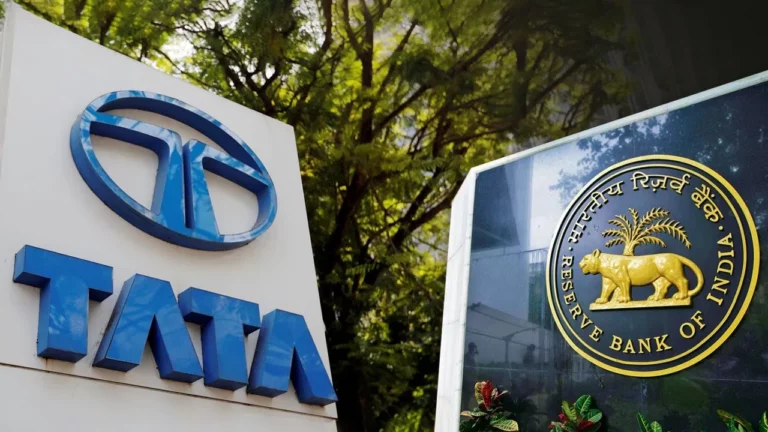Tata Sons, the holding company of the Tata Group, has taken a significant financial step by repaying over Rs 20,000 crore in debt, leading to the surrender of its Non-Banking Financial Company (NBFC) registration. This strategic move was primarily aimed at maintaining the company’s private status, thus avoiding a mandatory listing on the stock exchange.
The Debt Repayment
Tata Sons has been a cornerstone of the Indian economy, holding stakes in numerous Tata Group companies, which include giants like Tata Consultancy Services (TCS), Tata Motors, Tata Steel, and others. Over the years, the conglomerate accumulated substantial debt, which was partially attributed to investments and acquisitions aimed at expanding its global footprint.
In a decisive move, Tata Sons repaid a debt of over Rs 20,000 crore. This repayment is seen as a strategic maneuver to ensure the financial health of the holding company while also positioning it to meet the regulatory requirements necessary to remain a private entity.
Avoiding Mandatory Listing
One of the key reasons behind this significant debt repayment was to avoid a mandatory listing on the stock exchange. In India, companies registered as NBFCs are required to be listed on the stock exchange once they reach a certain size and scale. For Tata Sons, maintaining its status as a private company was crucial to retain its operational flexibility and control over its subsidiaries.
To achieve this, Tata Sons chose to surrender its NBFC registration, a move that allowed it to sidestep the listing requirements. This strategic decision highlights the importance of maintaining privacy and control within the Tata Group, which is deeply embedded in its corporate philosophy.
Surrendering NBFC Registration
By surrendering its NBFC registration, Tata Sons has effectively removed itself from the purview of the stringent regulatory requirements that govern financial companies in India. This decision aligns with the group’s broader objective of focusing on its core businesses rather than engaging in financial activities that are peripheral to its primary mission.
Moreover, this move underscores Tata Sons’ commitment to maintaining its private status, which allows it to make long-term decisions without the pressures associated with being a publicly listed entity. This approach is consistent with Ratan Tata’s vision of ensuring the group’s stability and sustainability over the long term.
Strategic Implications
The repayment of such a large debt and the surrendering of the NBFC registration have significant strategic implications for Tata Sons. By doing so, the company has not only strengthened its balance sheet but also reinforced its autonomy in decision-making. This move is expected to bolster investor confidence in the Tata Group’s flagship companies and ensure continued growth and profitability.
Moreover, this strategic maneuver sets a precedent for other large conglomerates in India that may face similar regulatory challenges. Tata Sons’ ability to navigate complex regulatory landscapes while preserving its private status could serve as a model for other companies aiming to maintain control over their operations.
Conclusion
Tata Sons’ decision to repay over Rs 20,000 crore in debt and surrender its NBFC registration reflects a carefully calculated strategy to maintain its private company status and avoid mandatory listing. This move, driven by the need to retain operational flexibility and control, underscores the Tata Group’s commitment to its long-term vision and stability. Under the leadership of Ratan Tata, the company continues to demonstrate its ability to navigate complex financial and regulatory challenges, ensuring its position as one of India’s most respected and influential conglomerates.

